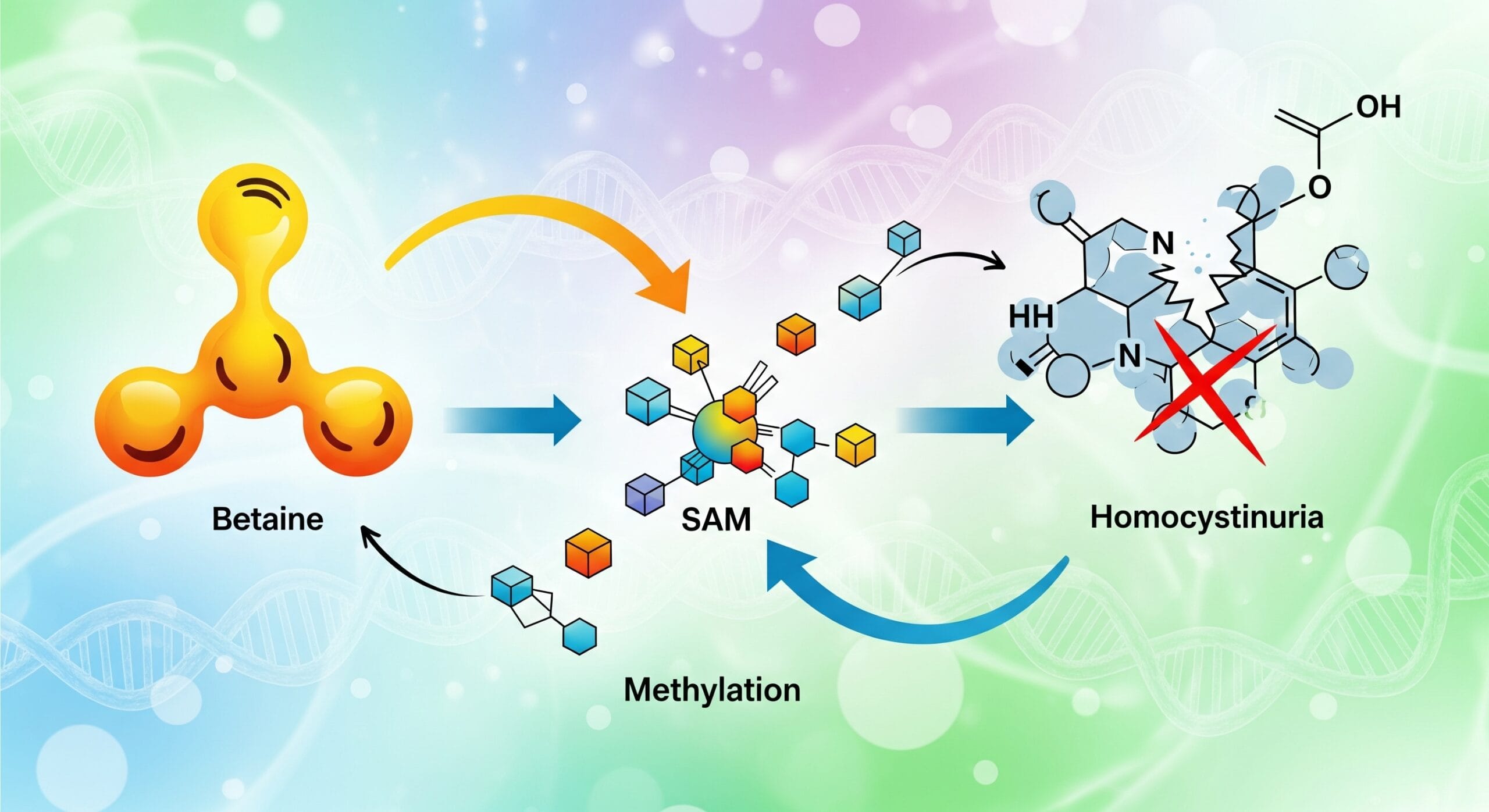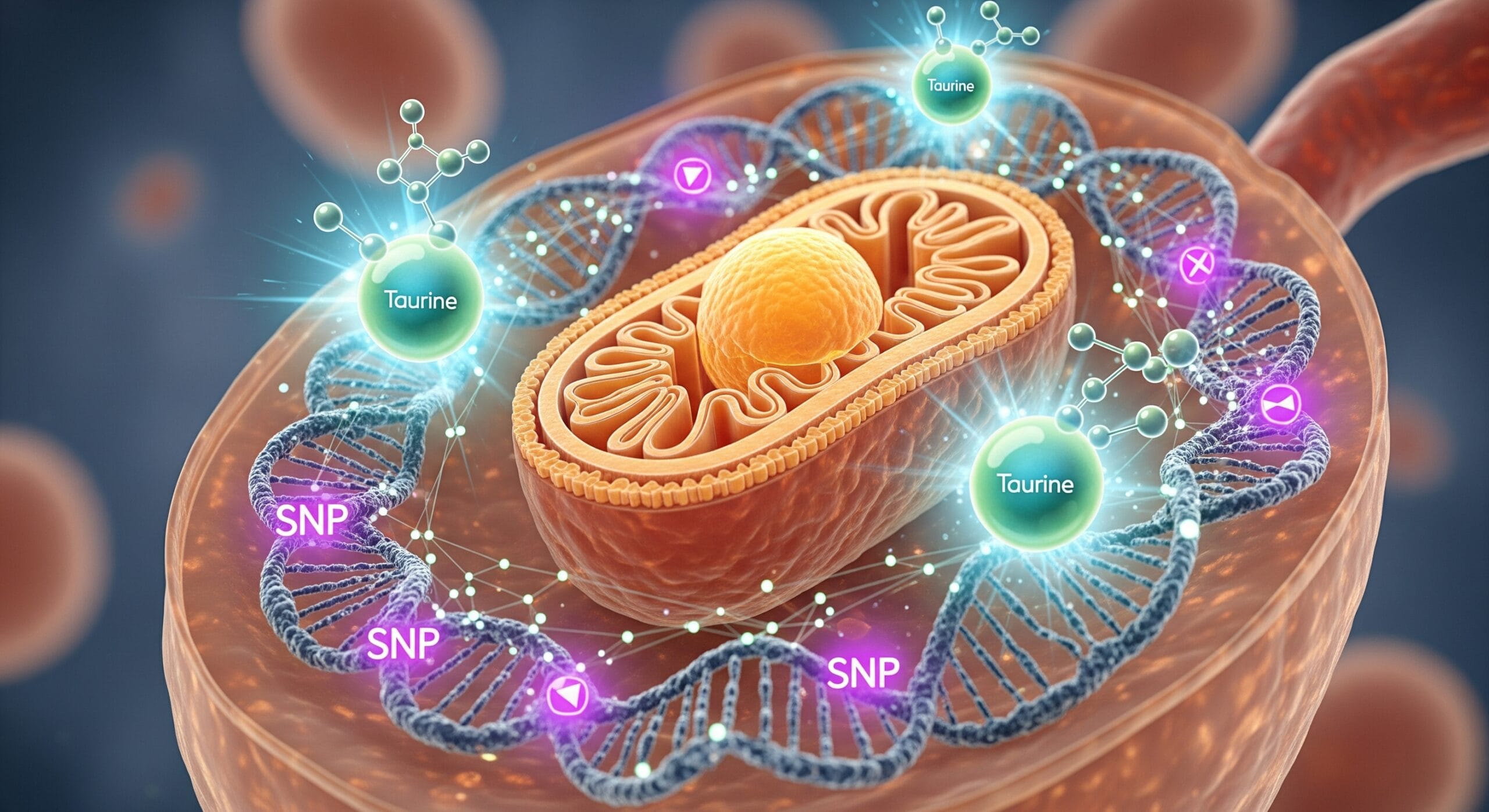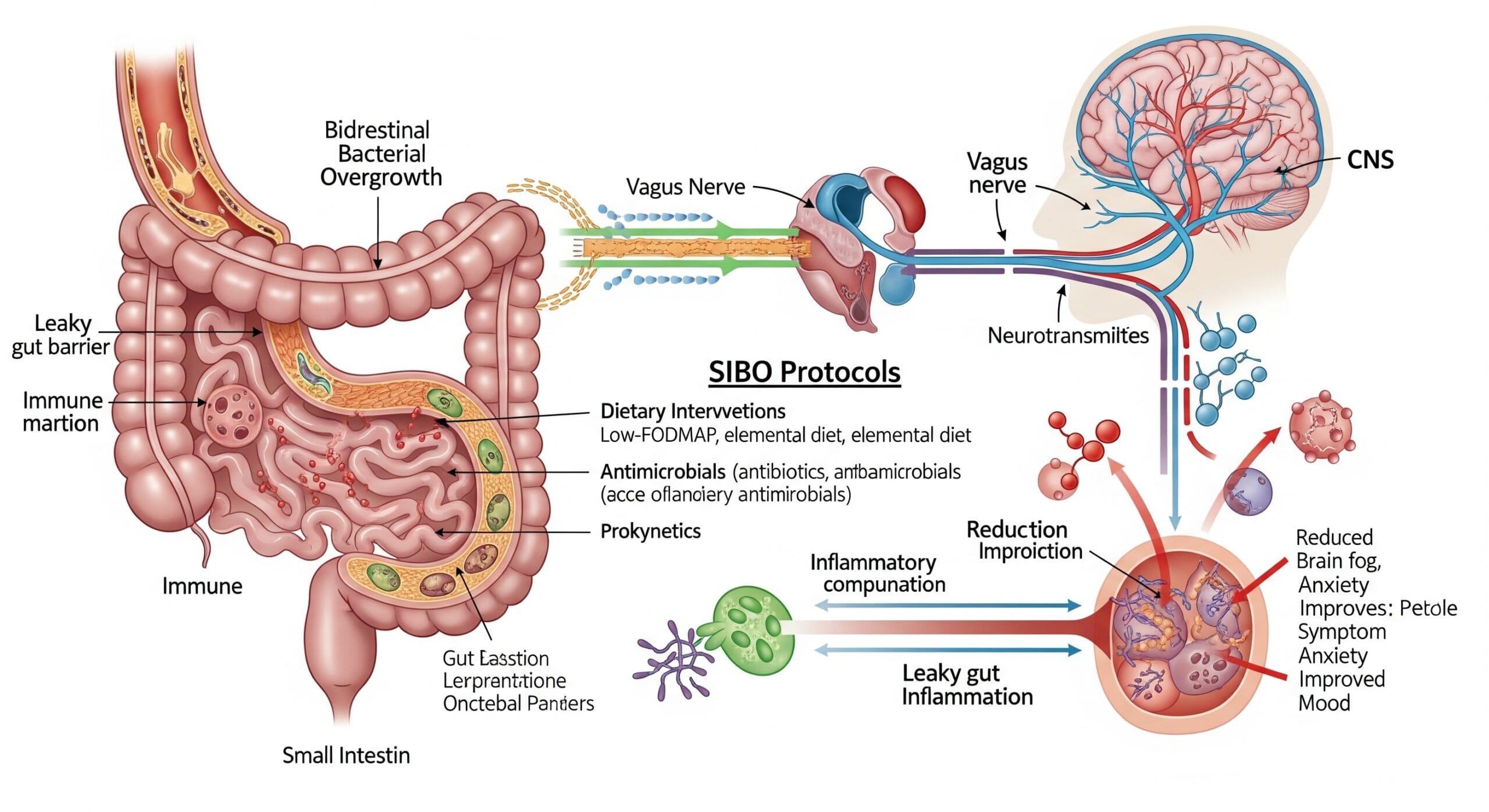

The Seizure Vitamin: What PLP Deficiency Teaches Us About the Brain
What vitamin B6’s active form (PLP) reveals about enzyme fidelity, neurological resilience, and why ‘more B6’ isn’t always the right answer. The B Vitamin We Thought We Understood Ask any clinician to name the functions of vitamin B6, and you’ll hear the usual suspects: amino acid metabolism, neurotransmitter synthesis, perhaps a nod to its role










